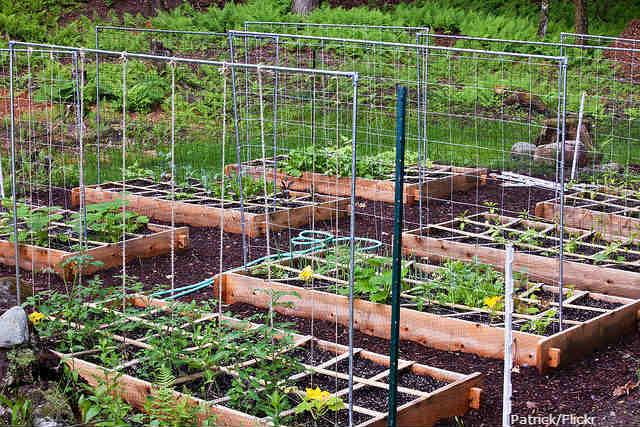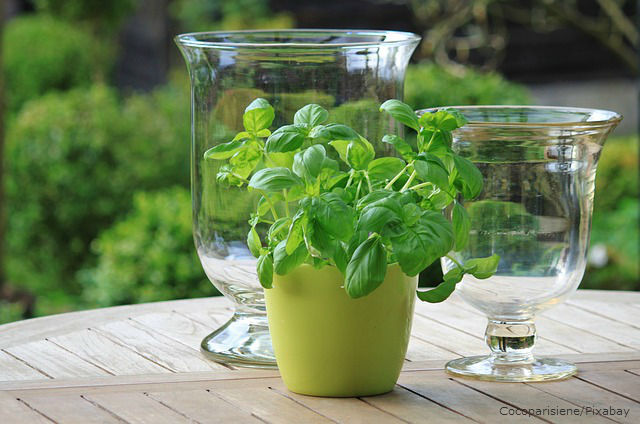Many people are trying to eat more organic food to avoid pesticides and help protect the environment. However, continuously buying organic produce can become pricey. Luckily, if you've got some space in your backyard, you can easily begin to grow your own organic garden. There are many benefits to organic gardening, but you won't be able to reap any of them if you don't get started!
Organic gardening means that you won't be using any synthetic fertilizers or pesticides-- but that doesn't mean that the plants will have to fend for themselves while they're growing and producing. There are tips, tricks and tools to help your plants stay healthy and ward off pests without the use of pesticides or chemicals. 
Start small
If you're not sure where to start when it comes to organic gardening or gardening at all, it's best to start small. You can easily start with one or two potted plants. It's important to remember that it's OK if things aren't perfect right away.
The soil
The soil in which you'll be planting your seeds, seedlings or plants matters -- a lot. Making sure your soil is properly conditioned will grant you the best results from your garden. You should have your soil tested to best find out the quality of your soil.
You can purchase an at-home soil testing kit or you can bring a sample to a local agricultural office. For a fee, you'll be able to know definitively your soil's pH and nutrient levels as well as treatment recommendations. When getting your results and treatment recommendations, be sure to let them know you plan on keeping your garden organic. The best time to test your soil is during the fall so you can condition and treat your soil before the winter.
Composting
All gardens will benefit from composting. It's especially great for organic gardens because you won't be using chemical fertilizers. Compost is essentially "black gold" for gardens. It feeds plants, helps conserve water, cuts down on weeds and keeps food and yard waste out of landfills -- not to mention it's free to do.
Plants
Choosing the right plants for your hardiness zone is important. While some plants flourish in all zones, others may not--resulting in wilted plants or some that just never grow. To find out your zone, refer to the USDA Plant Hardiness Zone map. Try to choose plants and seedlings that were grown locally and without chemical fertilizers. Farmers' markets are a good place to start your search and they may even have plant varieties that are suited to your area.
Watering
Plants need water to survive--that's a no-brainer. You should water your plants close to the roots in the morning when there's less chance of evaporation. If you water your plants at night, you run the risk of them staying damp all night, which leads to fungus and bacterial diseases.
Pest protection

Pests on your plants can signify other problems. Before trying to eliminate pests, make sure your plants are getting enough light, nutrients and moisture. You should also consider increasing the number of natural predators lurking around your garden. Frogs, toads, birds and lizards are all natural born enemies to plant pests. If you're not into the idea of welcoming frogs into your backyard, try a homemade pesticide made of essential oils, garlic and/or hot pepper sprays.
Harvesting
When harvesting, it's best to cut produce off with sharp scissors or a
gardening knife rather than ripping things off with your hands. Scissors will cause less damage to the plant. The more you harvest, the more your plant will produce.
Pick herbs right before using them or in mid-morning after the dew has dried. For leafy greens, pick them sporadically from the entire crop -- a little from each plant.